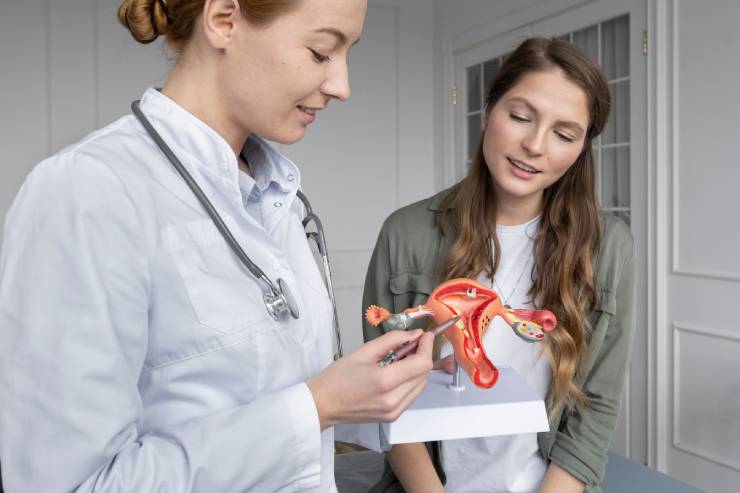
Polycystic Ovary Syndrome (PCOS) and Polycystic Ovary Disorder (PCOD) are prevalent hormonal disorders that affect women during their reproductive years. These conditions are characterized by irregular menstrual cycles, elevated levels of androgens (male hormones), and the formation of small cysts on the ovaries.
Symptoms of PCOS/PCOD encompass a range of health issues such as infertility, obesity, insulin resistance, and metabolic abnormalities. Management typically involves a combination of lifestyle modifications, medication to regulate hormones, and sometimes assisted reproductive techniques to address fertility challenges associated with these disorders.
The exact cause of PCOD/PCOS is unknown, but factors that may play a role include:
Lifestyle Modifications
Medications
Alternative Therapies
Physiotherapy